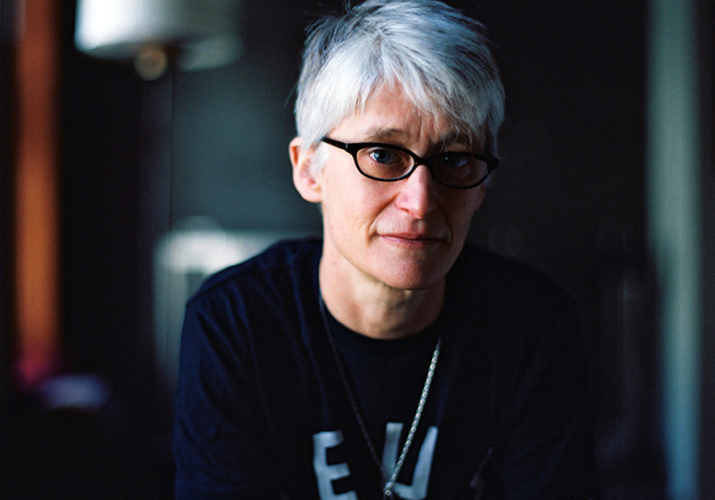At the Verso blog, McKenzie Wark examines the recent work of anti-colonial anthropologist Elizabeth Povinelli, specifically her writing on “geontopower.” As Wark writes, this concept both complements and surpasses the notion of biopolitics. Here’s an excerpt:
Biopolitics is habitually conceived as a regime that displaced the sovereign right of kings to take life. It is instead the power to make life. It is about the regulation of fertility, the norms of sexuality, the shaping of individuals and the managing of populations. The object of biopolitics is the social body. Its concern is the boundary between community and immunity. It practices forms of hygiene, both literal and metaphorical. In Foucault it may be something of a provincial concept. Achille Mbembe obliges us to think the relation between European biopolitics and colonial regimes of necropolitics.
Povinelli brings a different critical energy to bear on it. “Have we become so entranced by the image of power working through life that we haven’t noticed the new problems, figures, strategies and concepts emerging all around us…?” (4) She displaces the now habitual concerns with new figures, what she calls the desert , the animist and the virus . Figures on the border between life and nonlife rather than figures interior to life and its governance. Povinelli: “biopower (the governance through life and death) has long depended on a subtending geontopower (the difference between the lively and inert).” (5)
Image: Elizabeth Povinelli (via)
